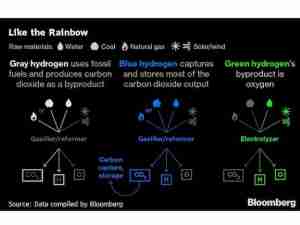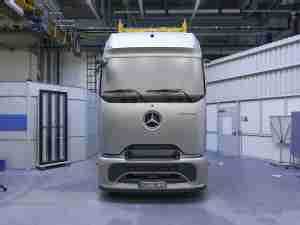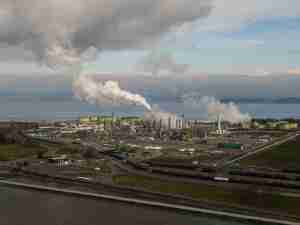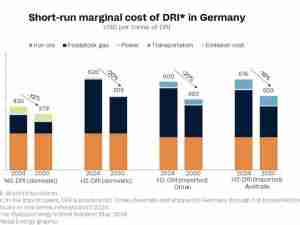Constellation Energy Corp., the electricity producer that was spun out of Exelon Corp. Wednesday, sees hydrogen as a key part of its strategy to eliminate carbon emissions from its fleet of power plants, according to Chief Executive Officer Joe Dominguez.
Constellation is now the biggest U.S. operator of nuclear plants, making it America’s top provider of clean energy. It plans to provide only carbon-free power by 2040.
Nuclear power is going to be critical to both the company’s efforts to eliminate emissions and President Joe Biden’s plans to fight climate change. While a carbon-free electricity system is an important goal, the country will also need to find ways to decarbonize industrial processes, transportation and other major sources of greenhouse gases. Hydrogen can help solve these problems, Dominguez said.
“Without developing that technology, you’re just not going to decarbonize,” Dominguez said in an interview.
Constellation plans to start generating hydrogen in the fourth quarter at a demonstration project at its Nine Mile Point nuclear plant north of Syracuse, New York. Reactors are well suited for producing the fuel from on-site water supplies and electricity when demand is low, he said. If it’s later burned to make power, there are transmission lines in place to carry the energy, and if the company decides it needs to transport the fuel by pipeline, it has easements to build them beneath the same power lines.
The company may start producing hydrogen on a commercial scale by 2026. While it could do so at all of its plants, it’s most likely to start in the Midwest, he said. Initial application could include blending it with natural gas to reduce emissions and powering long-haul trucks that run on fuel cells. It could also be integrated into steel production and agriculture, which are also major carbon emitters.







_-_28de80_-_58820516bd428ab3fd376933932d068c43db9a4a_lqip.jpg)



